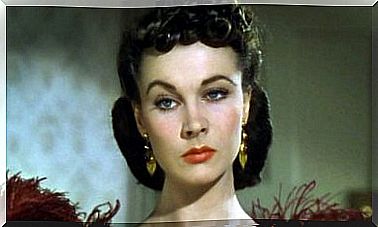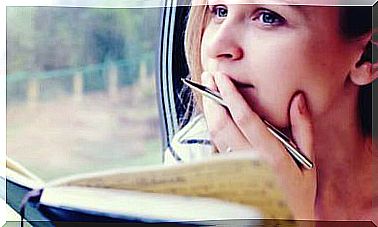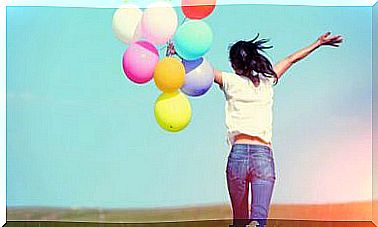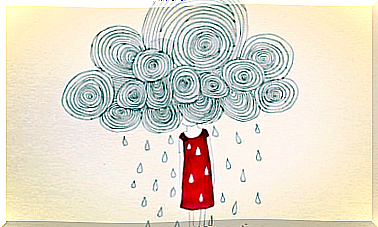I Can Do A Lot Of Crazy Things, But I’m Not Crazy

Doing crazy things is a sign of freedom that has nothing to do with being crazy, it simply gives wings to a possibility: to take a different path from what is considered normal. In spontaneous and uproarious situations there is a degree of life that without them it would be impossible to experience. Everyone, absolutely everyone, has committed crazy things at some point in our lives, because disconnecting and achieving that adrenaline rush is necessary and inherent in our nature.
Currently, the definition of insanity is linked to a mental imbalance that manifests itself in a distorted perception of reality, loss of self-control, hallucinations, and absurd or unreasonable behaviors. On the other hand, doing crazy things is a colloquial phrase with a subtly different meaning. People need a bit of madness, otherwise we would never dare to cut the rope and free ourselves or to choose another option that was not by the one that was inclined by logic.
The boundary between genius and madness
Not all geniuses are crazy and not all crazy people are geniuses. The genius is a person with extraordinary capacities, focused on some subject and with the ability to illuminate new ideas and express them, that is, to create. He is not a sick person, although it is true that in the case of illness, he knows how to take advantage of his outbursts of madness to create fantastic things. This thesis is supported by studies that have shown that creative faculties already exist before the disease manifests itself.
Hence, some people get confused and label others crazy just for having special and genuine abilities. Sometimes we look down on things we don’t understand out of fear, ignorance, and ignorance (or a combination of all). The distance between genius and madness is wider than what our ignorance allows us to see.
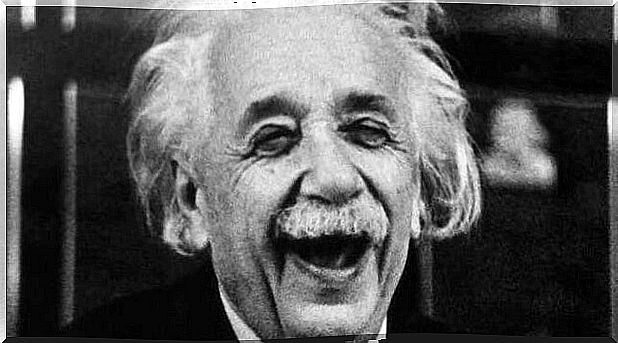
It appears that there is a genetic basis for genius, although little research has been done. Similarly, the environment is also critical. For example, in the jungle, isolated, Mozart and Einstein would not have been the geniuses nor would we probably have the image of them that we have today. Think that studies say that 75% of the architecture of our brain depends on the environment.
Creativity is also associated with emotional conflict. It seems that dissatisfaction is what pushes the genius to create, and that has a neurological basis. The genius is not mentally ill, but, if he is, he knows how to take advantage of his shoots to create.
Normality and madness
Insanity is actually the deprivation of the use of reason or good judgment. The problem is that until the end of the 19th century, insanity was related to the rejection of established social norms. For this reason, even today people who do not follow social canons are still seen as crazy and their behavior as crazy.
Societies tend to build a series of behavior models that cover the different stages of human development. Cultural differences aside, most societies expect people to be born healthy, to grow up without health complications, to study a university degree or specialize in some profitable field, to marry and form a new family group. in a new house.
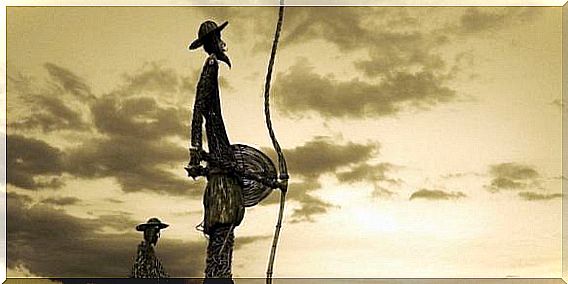
These paradigms are nothing other than the famous norm, accepted as normal, and any attitude or idea that goes beyond its limits is considered incorrect or, depending on the case, a true madness. Although sometimes, insanity is the only healthy reaction for a sick society.



